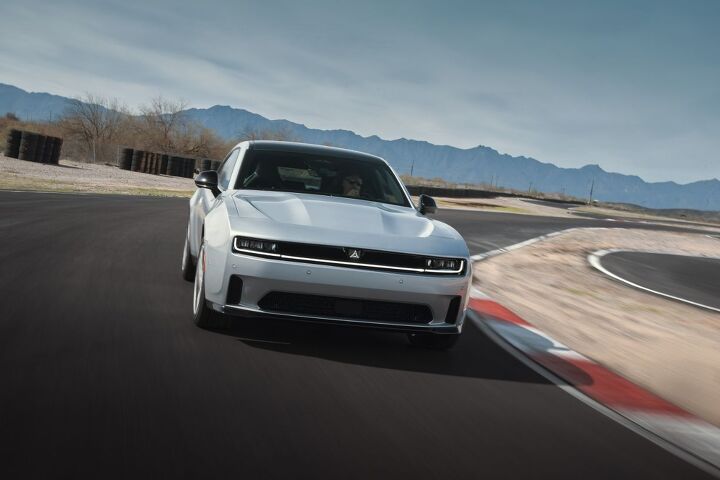
Dodge’s electric Charger Daytona hasn’t been the immediate sales success the automaker needed, but the car is scheduled to get an innovative new battery system that could change its fortunes. Dodge’s parent company, Stellantis, recently announced a new partnership with Factorial that will bring solid-state batteries to the car as early as 2027.

Solid-state EV batteries promise better energy density, a lighter weight, and a safer design, but manufacturers haven’t yet figured out how to produce them on a commercial scale. That said, Factorial’s battery isn’t fully solid-state. It uses the Factorial Electrolyte System Technology (FEST), which it considers a “quasi-solid” electrolyte.
Factorial hasn’t given any details on the FEST technology, but said that it had begun shipping test batteries to Stellantis, Mercedes-Benz, and Hyundai. Stellantis’ testing apparently yielded strong enough results for Dodge to use the battery system in a refreshed Charger in 2027. Factorial claims an energy density of 177 watt-hours per pound, which ranges from double to quadruple the densities found in today’s packs.

The FEST batteries also promise fast charging and discharge, with the company estimating 18 minutes for the system to charge from 15 to 90 percent. Stellantis will be able to use fewer battery cells to store the same amount of energy that today’s batteries hold, making the car lighter, though significant questions remain about the batteries’ scalability and widespread rollout. Those questions grow even louder when you consider the difficulties Stellantis has faced with the quality and reliability of its existing electrified vehicles.
[Images: Stellantis]
Become a TTAC insider. Get the latest news, features, TTAC takes, and everything else that gets to the truth about cars first by subscribing to our newsletter.


